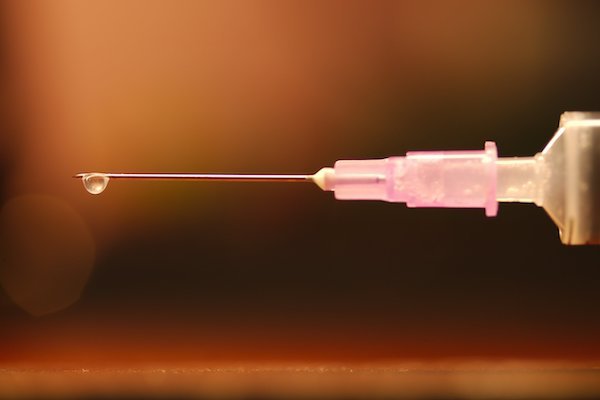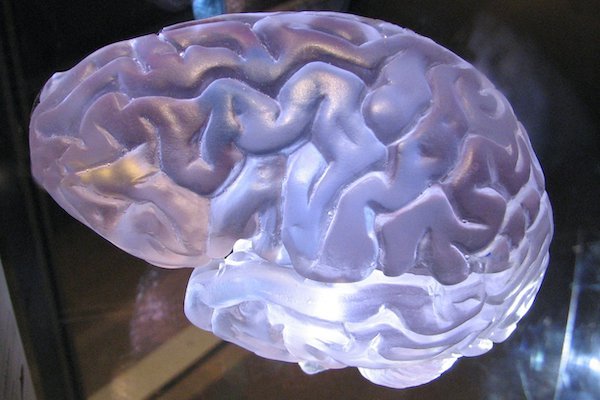
Ketamine For Depression
a revolutionary treatment option
Have you tried traditional antidepressants without relief?
Many people seek out ketamine therapy after finding that traditional antidepressants don’t provide the relief they need. While standard medications can take weeks to take effect—and often come with frustrating side effects—ketamine offers a different approach. Ketamine is known for its rapid action, often alleviating symptoms within hours, making it a promising option for those with treatment-resistant depression. For individuals who have tried multiple antidepressants without success, ketamine therapy offers new hope and the potential for a significant, life-changing improvement in their mood and overall well-being.
Discover the Transformative Power of Ketamine for Depression
Ketamine therapy offers a new and promising approach to depression treatment. At Better Brain, we specialize in ketamine for depression, offering a safe and effective solution to help you reclaim your life. Administered in a controlled, clinical setting, ketamine therapy works by targeting the brain's NMDA receptors, leading to a fast-acting antidepressant effect. If you're struggling with depression and haven't found relief through other treatments, ketamine therapy may be the answer you've been searching for.
How does ketamine work for depression?
The exact mechanisms by which ketamine helps relieve depression are not yet fully understood. Ketamine is believed to work by blocking the action of a neurotransmitter called glutamate in certain parts of the brain. This can lead to increased levels of another neurotransmitter called brain-derived neurotrophic factor (BDNF). BDNF is thought to promote the growth and survival of neurons, which may help to reverse the effects of chronic stress on the brain and alleviate depression. Some researchers believe that depression may be related to inflammation in the brain, and that ketamine may have anti-inflammatory properties that can reduce inflammation and improve mood. Ketamine may also enhance the brain's ability to form new neural connections and pathways, which may help to reverse the effects of depression on the brain.
The history behind ketamine for depression
Ketamine was first used as a treatment for depression in the late 1990s and early 2000s. The initial studies that explored its potential as an antidepressant were conducted around 2000. A landmark study published in 2000 by Dr. John Krystal and his colleagues at Yale University School of Medicine was one of the first to demonstrate that ketamine could produce rapid antidepressant effects in patients with treatment-resistant depression.
The findings of this study were significant because they showed that ketamine could relieve depressive symptoms within hours, in contrast to traditional antidepressants, which typically take weeks to have an effect. This discovery opened up a new area of research and interest in the use of ketamine as a fast-acting treatment for depression, particularly for those who had not responded to other therapies.
Since the initial discovery of ketamine's rapid antidepressant effects, research has accelerated, leading to a deeper understanding of how ketamine works and expanding its potential uses in treating depression.

why chose ketamine for depression?
Rapid Relief:
Many patients experience significant improvement in their symptoms within hours of their first treatment.
Effective for Treatment-Resistant Depression:
Ketamine therapy is particularly beneficial for individuals who haven't found relief with other depression treatments.
Safe and Controlled Environment:
Our team of experienced professionals ensures that ketamine therapy is administered safely, with close monitoring throughout the process.
Long-Lasting Effects:
While individual results may vary, many patients report long-lasting relief from depressive symptoms after a course of ketamine therapy.















